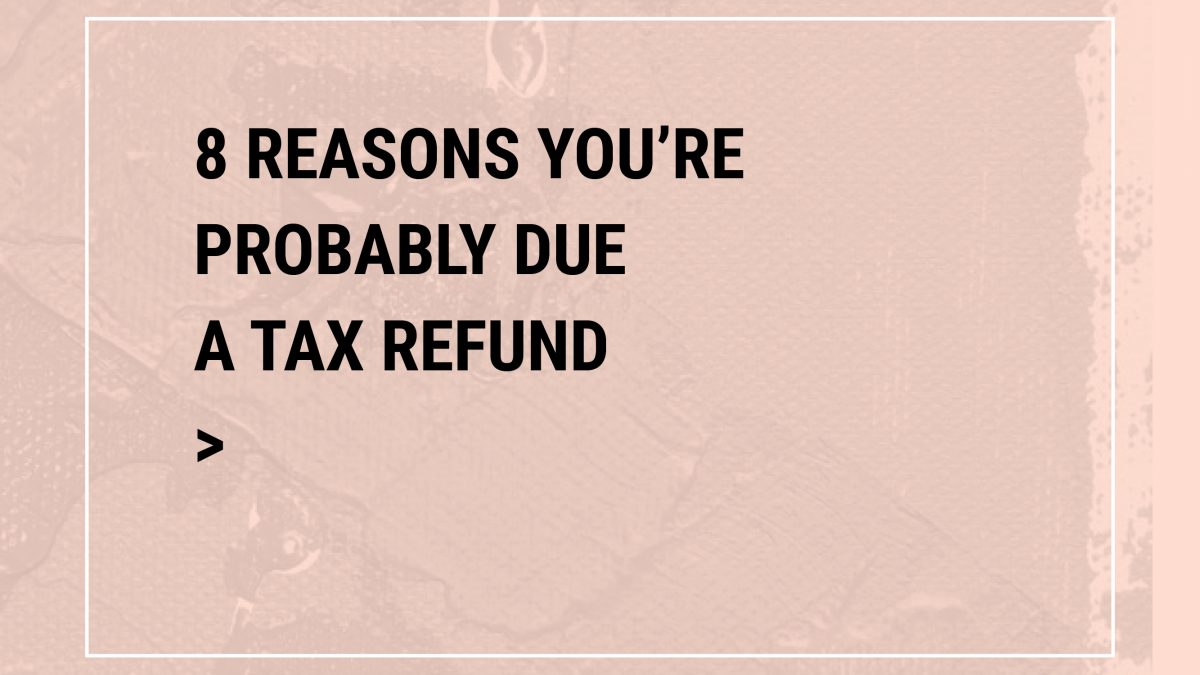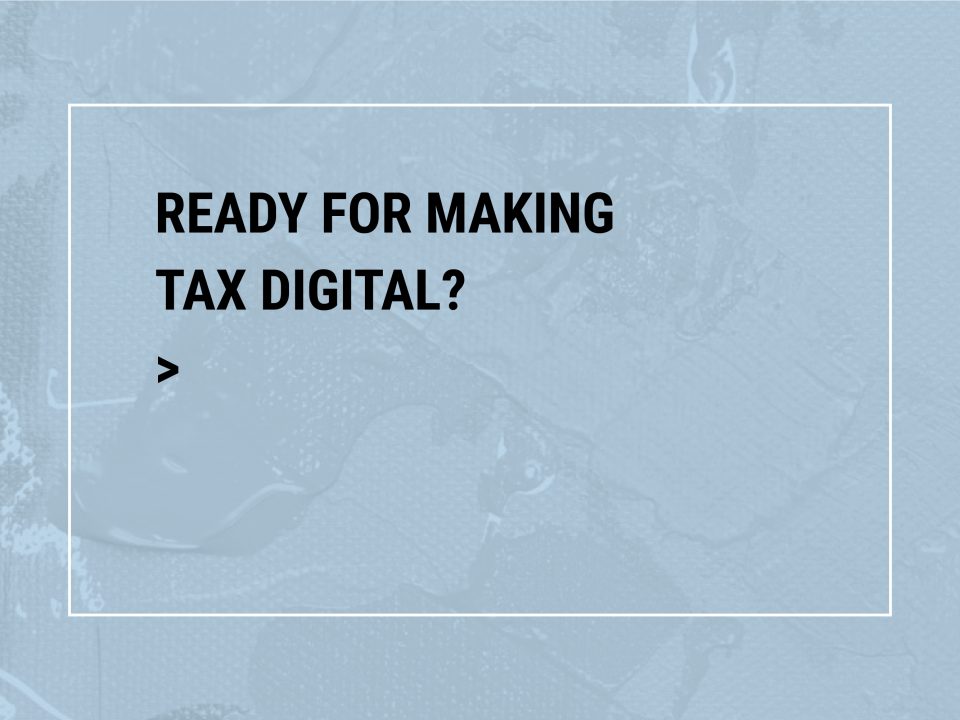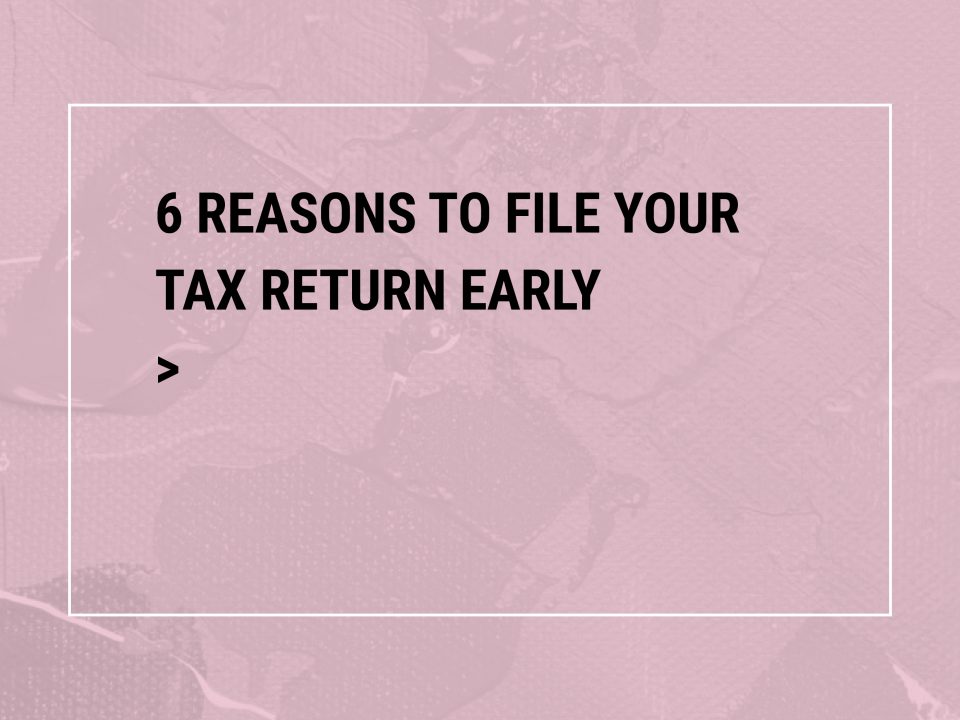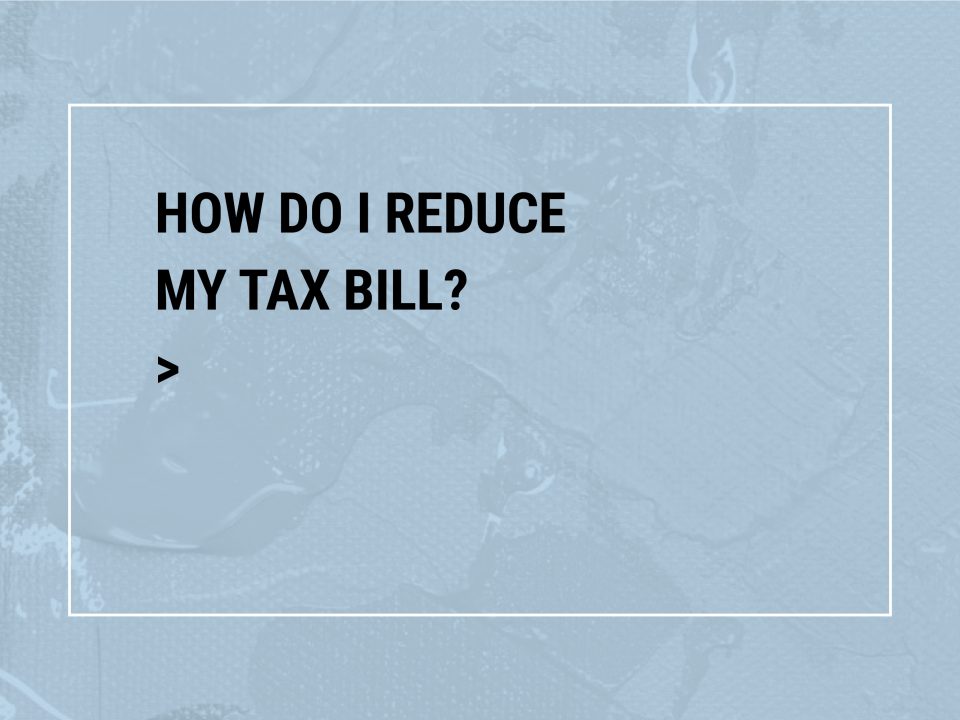
8 reasons you’re probably due a tax refund
Estimates suggest 1 in 3 UK taxpayers are due a tax refund. Around £200 million goes unclaimed every year from travel expenses alone. So are you due some money back from HMRC?
HMRC. It gives. And it takes away. But mainly it takes away. Sometimes, however, when there’s a full moon and the wind’s blowing in the right direction, it gives money back – and it does so for lots of reasons. With hundreds of millions of pounds left unclaimed every year, make sure you don’t give the taxman more than required. Here’s why you could be due a tax refund:
1. Construction Industry Scheme (CIS) refunds
No industry has more of a reason to claim tax refunds than construction. If you’re a subcontracting construction worker, you’ll have a flat 20% (usually) deducted from your pay by your employer as part of the CIS scheme. Your personal allowance isn’t taken into account. Nor are any of your expenses.
On average, you’re likely to be entitled to a refund of around £2,500. And as that figure is an average, for some it could be considerably more.
So if you haven’t claimed a refund before, it’s really time you started.
2. You haven’t been claiming all you could
I’ve just been talking to someone who has been working from home for years but has never claimed a portion of their mortgage interest as an allowable expense. As the limit for claiming a tax refund is four years from the end of the tax year for which they’ve overpaid, they’ll be due a rather nice refund by the time we’ve sorted it.
That’s not all. There are lots of other allowable expenses that are frequently overlooked (such as capital allowances and trade expenses). If you haven’t been claiming everything to which you’re entitled you could save yourself a hefty chunk of tax each year and be liable for a refund.
But refunds aren’t just due to sole traders and limited companies. Depending on the terms of your job, employees can be due tax refunds too:
3. Emergency tax or wrongly paid tax
Perhaps you’ve started a new job and it took your employer a while to get your correct tax code from HMRC, so you paid emergency tax for a spell. Perhaps your regular job doesn’t pay enough to use up all your personal tax allowance, so you’ve started a second job and your new employer is taxing everything you earn. Claim that refund.
4. Food, travel & accommodation
If you’re required to travel between temporary workplaces – perhaps because you’re in sales and you need to stay in hotels a few nights each week – and your costs come out of your own pocket, you can claim them back against tax.
You might also want to claim if you’re required to attend a training course, an expo or if you’re seconded to another part of the business temporarily.
Remember, you can’t claim expenses for your regular journey to work. You can’t claim for your regular lunchtime sandwich. And you can’t claim a tax refund when your employer has already reimbursed your expenses.
5. Uniform maintenance, repair or replacement
You’re required to wear a uniform at work. By uniform, we mean something that identifies you as a member of a particular business or profession (e.g. a branded shirt, a set of overalls with the company logo, or a police/nurse/fire crew uniform).
If your employer doesn’t pay for the clothing’s laundry, repair or replacement, you can claim a refund for the money you’ve spent.
6. Tools or other equipment essential to do your job
Most employers pay for the tools essential for the job. As a retailer, you’re probably on dodgy ground expecting your staff to pay for the till. But some industries have a different way of working. Take mechanics. It’s not uncommon for a garage to supply the big stuff – vehicle lifts, air compressors etc – but expect its mechanics to bring their own toolkit. If you’re expected to buy your own tools and your employer doesn’t reimburse you for the cost, you could be due a tax refund.
7. Professional subscriptions or fees
The National Landlords’ Association. The Law Society. The Hairdressing Council. Most industries have their own professional body and there’s typically a subscription fee payable to give you access to the various events and advice they offer. If your employer doesn’t cover the costs, and providing the organisation is an “approved body” (you can find the full list here) you could claim costs back.
8. Business mileage
At current rates, HMRC pays an allowance of 45p per mile for the first 10,000 business miles and 25p thereafter. If your employer doesn’t reimburse you for those expenses – or doesn’t reimburse you at an equal or better rate, you could claim a tax refund for the shortfall.
Think you’re due a tax refund? We’ll sort it all for you. Talk to The Tax Farm now.



